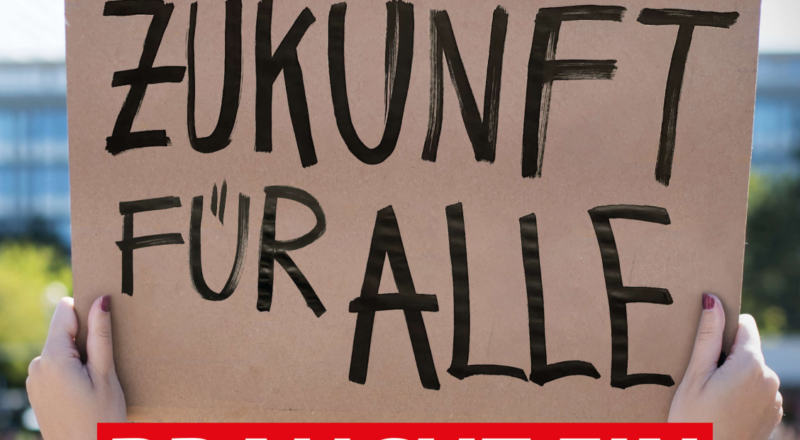In their brand-new party programme, the German social democrats (SPD) call for an interoperability obligation for big tech platforms to achieve Europe’s digital sovereignty goals.
“We need alternatives to the big platforms – with real opportunities for local providers,” the new programme reads. “It must be possible for people to communicate from one messenger app to another, from one social network and digital service to another, or to switch. We will regulate this kind of interoperability by law.”
“It must be possible for people to communicate from one messenger app to another.”
Political programme SPD, 2021
Real interoperability with major digital services like Whatsapp and Facebook is seen by many experts as a requirement for contenders to get a foot in the door. The reason is the phenomenon of “network effects”, according to which the value a user derives from an online platform depends on the total number of users of compatible platforms. As a result, once an incumbent platform like Facebook or Whatsapp — that is not compatible with anyone else — has acquired enough users, it becomes virtually impossible to compete with it on the merits. Its sheer size will always play in favour of the incumbent online platform.
Mandatory interoperability for such very large incumbent platforms can help decrease this network effect, enable newcomers to compete, and provide people with a real choice of service.
Jan Penfrat is Senior Policy Advisor at European Digital Rights (EDRi).



